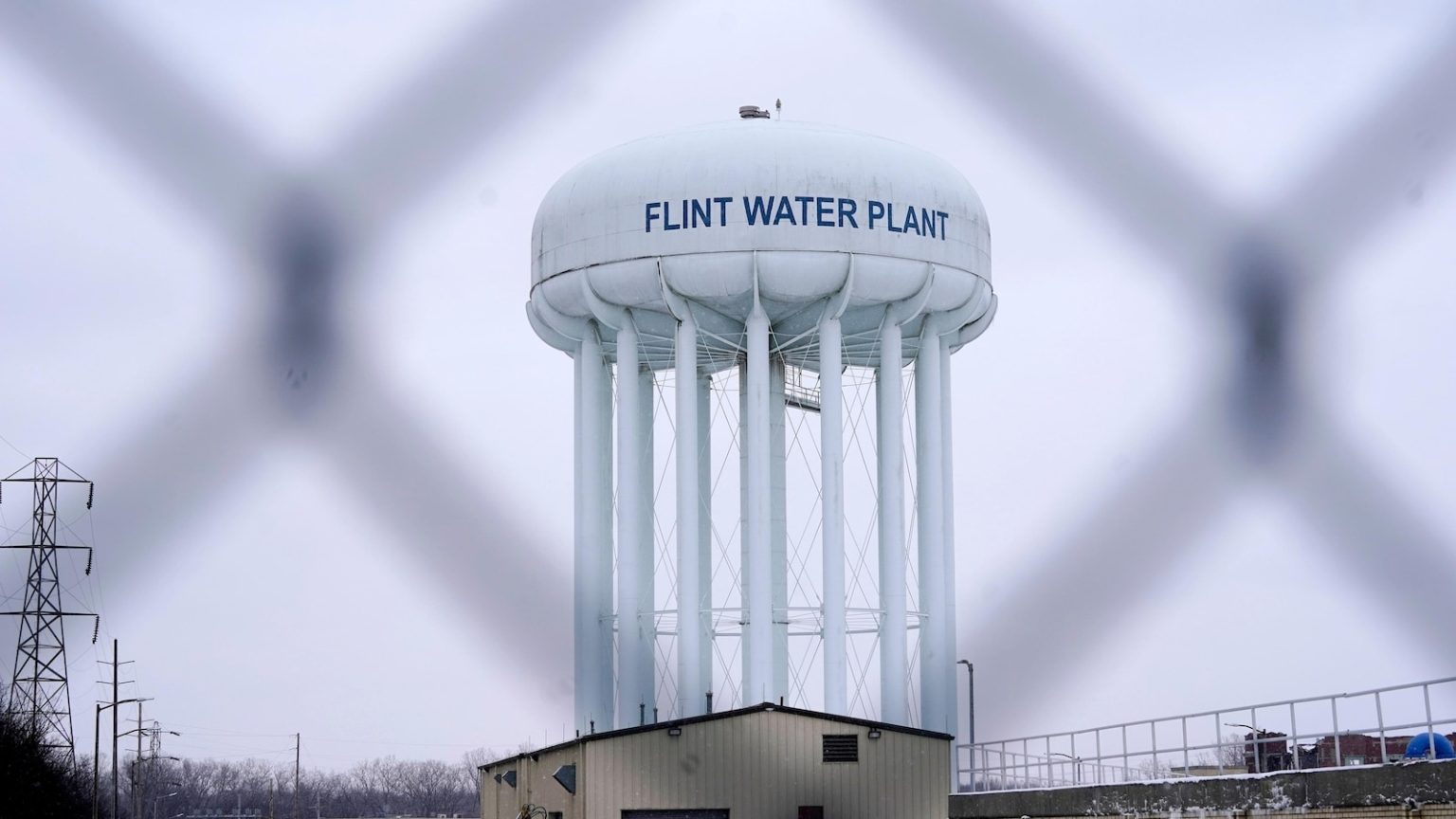Settlement Reached in Flint Water Crisis: A Step Toward Justice for Residents
The Anatomy of the Flint Water Crisis: A Decade of Struggle and Contamination
The Flint water crisis, which began in 2014, remains one of the most egregious examples of environmental negligence and governmental failure in recent U.S. history. The crisis unfolded when officials in Flint, Michigan, switched the city’s water source from the Detroit Water and Sewerage System to the Flint River as a cost-saving measure. However, the water from the Flint River was not properly treated, leading to severe corrosion in the city’s aging pipes. This corrosion caused dangerous levels of lead to leach into the water supplied to homes, schools, and businesses. The contaminated water exposed thousands of residents, including children, to toxic lead, which is known to cause severe health problems, including developmental delays, learning disabilities, and long-term physical and mental health issues.
Over the years, the crisis has sparked widespread outrage, legal battles, and calls for accountability. While the state of Michigan and other parties have faced legal consequences, one company, Veolia North America, an international engineering firm, has been a focal point of litigation. Veolia was hired by Flint as a consultant in 2015, months after the switch to the Flint River. Critics argue that the company could have done more to address the issues with the water quality, even though Veolia has consistently denied any responsibility for the contamination. The company maintains that it was not involved in the decision to switch the water source and that its role was limited to advising the city after the crisis had already begun.
Veolia’s Role and Denial of Responsibility
Veolia North America has repeatedly denied any blame for the Flint water crisis. The company claims that it was only briefly hired as a consultant and had no role in the decision to switch Flint’s water source or in the day-to-day operations of the water treatment plant. Veolia has emphasized that the contamination was the result of decisions made by government officials, including then-Gov. Rick Snyder, who oversaw the state’s emergency management of Flint at the time. The company also points out that it was assured by city and state officials that the water met safety standards, a claim that has been widely disputed by experts and residents.
Despite these denials,Veolia has faced numerous lawsuits from Flint residents who allege that the company failed to act responsibly and could have warned about the dangers of the water. Critics argue that as an engineering and environmental consulting firm, Veolia had a professional obligation to identify and address potential risks to public health, even if it was not directly responsible for the water switch. The lawsuits have accused Veolia of prioritizing profits over people and of failing to take adequate steps to protect Flint’s residents from the lead-contaminated water.
A $53 Million Settlement: Closure for Flint Residents?
After years of legal battles, Veolia North America has agreed to pay $53 million to settle all remaining lawsuits related to the Flint water crisis. This settlement comes on top of previous payouts, including $26.3 million in earlier settlements with Veolia and a separate $626 million settlement from the state of Michigan and other parties. The total compensation for Flint residents now stands at over $600 million, a figure that, while significant, cannot fully compensate for the irreversible harm caused by the contamination.
The $53 million settlement will be distributed to approximately 26,000 Flint residents represented by law firms and the Michigan attorney general’s office. The distribution is expected to provide some measure of financial relief to those affected, particularly children who were exposed to lead and may face lifelong health challenges. Attorney General Dana Nessel described the settlement as a way to bring closure to the residents of Flint, though many have expressed mixed emotions about the agreement. While the settlement ends the legal battles against Veolia, it does not resolve the deeper issues of accountability and justice for the community.
Broader Implications: Accountability and Systemic Failure
The Flint water crisis has far-reaching implications beyond the financial settlements. It has exposed systemic failures in government oversight, environmental regulation, and corporate responsibility. The crisis has also highlighted the disproportionate impact of environmental disasters on low-income communities and communities of color, a phenomenon often referred to as environmental racism. Flint’s residents, many of whom are Black and live in poverty, were left without access to safe drinking water for years, a situation that would have been unimaginable in more affluent, predominantly white areas.
Veolia’s role in the crisis has raised questions about the accountability of private companies in public health disasters. While the company has denied responsibility, the settlement serves as a recognition of the need to compensate victims, even if it does not admit fault. The case also underscores the importance of transparency and accountability in public-private partnerships, particularly when they involve critical services like water supply.
Reflections on Justice and Healing
For many Flint residents, the financial settlements, including the $53 million from Veolia, represent a partial step toward justice but not full closure. The emotional and physical scars of the crisis will take years to heal, and for some, the damage may be permanent. The Settlement marks the end of a chapter in the legal battles, but the fight for justice and accountability is far from over. Many residents continue to demand answers about why the crisis was allowed to happen and how it was allowed to persist for so long.
The crisis has also sparked a movement for environmental and social justice, with Flint becoming a symbol of resistance and resilience. The Settlement serves as a reminder of the power of collective action and the importance of holding those in power accountable. While no amount of money can fully undo the harm caused by the contaminated water, the settlements represent a step toward acknowledging the suffering of Flint’s residents and ensuring that such a disaster is never repeated.
Looking Ahead: Lessons Learned and the Path Forward
The Flint water crisis offers valuable lessons for communities, governments, and corporations across the country. It highlights the importance of prioritizing public health and safety over cost-cutting measures and the need for transparency and accountability in decision-making. The Settlement also underscores the importance of holding corporations accountable for their actions, even when they are not directly responsible for the root cause of a disaster.
As Flint continues to recover and rebuild, the Settlement serves as a reminder of the resilience and strength of its residents. While the crisis has left deep scars, it has also inspired a movement for change and a renewed commitment to ensuring that all communities have access to safe, clean drinking water. The Settlement brings a measure of closure, but the fight for justice, accountability, and healing in Flint is far from over.















